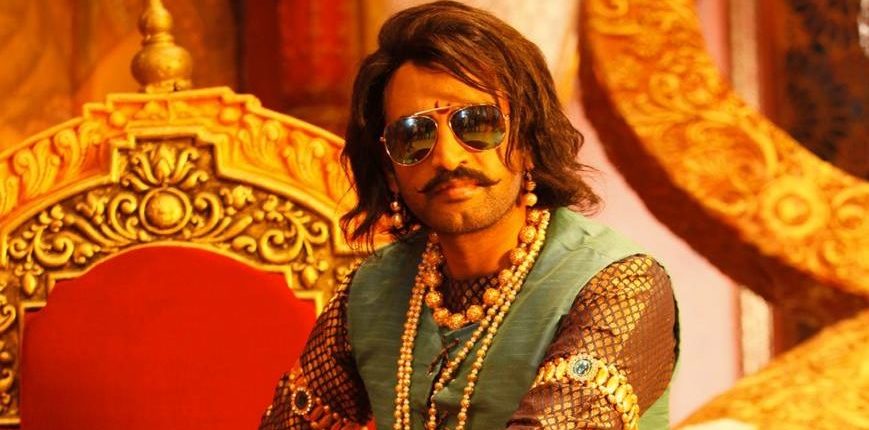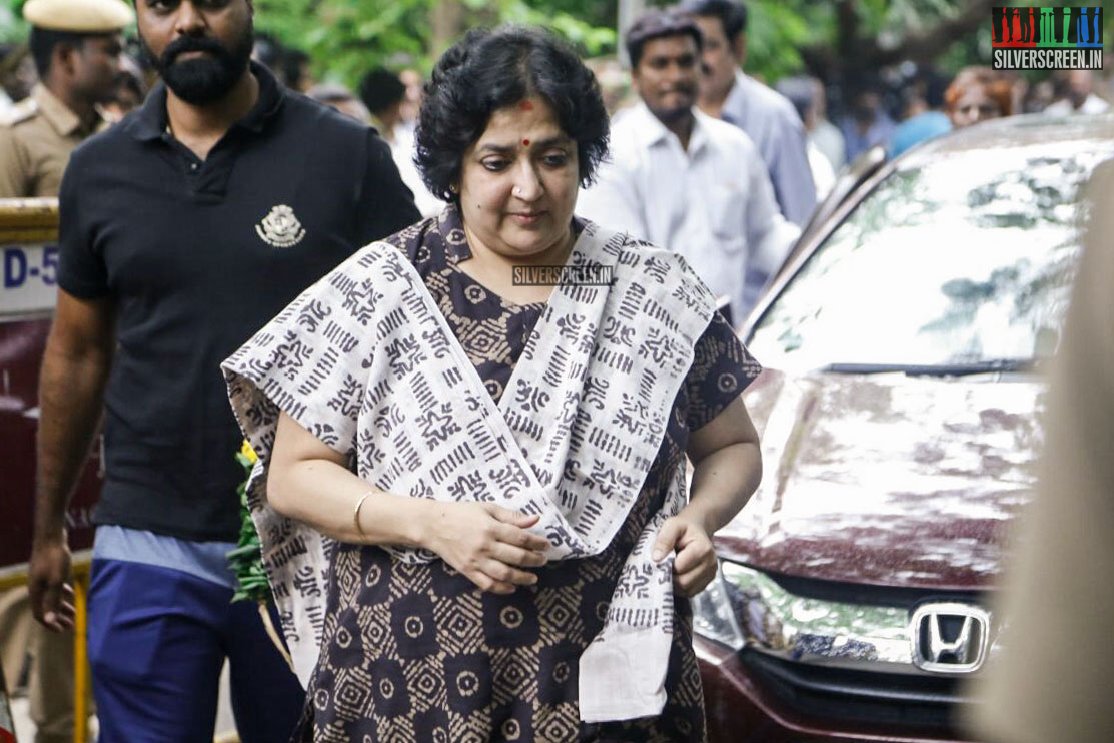‘Women, Cinema & Sexism’ features stories of women who work in the film industry and documents their experiences on sets – the good, the bad and the ugly.
The scandal that Harvey Weinstein is currently embroiled in has opened a can of worms. From top actresses opening up about the abuse and harassment they’ve faced to the onset of the #MeToo campaign, progress is not far one would think.
And then, there are times when statements (or the lack of one), even by women, bring us ten steps back, with all the dialogue yielding to nothing.
Online dictionary Merriam Webster defines feminism as “the theory of the political, economic, and social equality of the sexes”. Oxford Dictionary defines it as “the advocacy of women’s rights on the ground of the equality of the sexes”. And Cambridge’s Dictionary define it as “the belief that women should be allowed the same rights, power, and opportunities as men and be treated in the same way, or the set of activities intended to achieve this state”.
The words used are different, but the definition and the sentiments conveyed are the same. However, many celebrities choose not to tread close to the word. Some even disown it, with the belief that it calls for the advocacy of rights exclusively for women, and breeds hatred for men. This, unfortunately, is not an assumption made, it’s something they’ve actually gone on record to say. Or in Twinkle Khanna’s case, not say anything at all.
Twinkle Khanna, who goes by her sobriquet Mrs Funnybones, often makes the sassiest quips that make headlines. However, her silence on the matter with respect to her husband, Akshay Kumar, getting called out by comedian Mallika Dua for a crass “joke” he cracked, defeats the purpose of being known as the witty one who silences everybody else with her words.
Up until Thursday, Mallika Dua faced flak from fans of Akshay Kumar for speaking about how one of his comments made her feel very uncomfortable. Her father, senior journalist Vinod Dua, too, spoke up about this and received flak.
Unacceptable behaviour! Male actors still get away with making sexually colored remarks under the guise of ‘comedy’. #MeToo @MallikaDua pic.twitter.com/IwZLS9XQMB
— SheSays (@SheSaysIndia) October 25, 2017
She wrote about it for The Quint, emphasising on how top celebrities need to be called out on their behaviour:
“This isn’t about Akshay Kumar. This is about every big Bollywood star and every other big shot, who cannot tell the difference between charm and harm. This is about every big celebrity who thinks his colleague enjoys being grabbed by the waist and twirled without her consent. This is about workplace etiquette for everybody, men and women included, and about understanding the idea of professional communication so we don’t make someone uncomfortable in their place of work, unintentionally or otherwise.”
Expecting a response from Akshay Kumar would seem futile. But Twinkle Khanna’s silence would serve as a huge disservice to whatever she had been making headlines for as Mrs Funnybones or a “bona fide member of an ambiguous tribe of the new age Indian woman”, as described on her Twitter bio.
*****
Soon after Priyanka Chopra was roped in to star in Quantico, an American TV show with an Indian woman at the forefront playing a role that didn’t pander to stereotypes or sexism, the actress went on record to disassociate the word ‘feminism’ from the show.
Speaking to Refinery 29, she said:
“I don’t think it’s feminist, but it’s empowerment… It’s got very strong female characters, and I don’t think it’s a bra-burning feminist show where you’re like, we hate men, but we have really strong male characters, too… It gives females an opportunity to be equal with the boys, and I think that’s really progressive.”
Her stance on the word see-sawed over the years. Sometimes she’d diss it, other times she’d embrace it.
*****
Tisca Chopra, a wonderful actress and someone you’d assume to be smart enough to not make uninformed statements considering she spoke about the casting couch sometime last year, would most certainly need a quick crash course on the same.
Speaking to The Print a little over a week ago, the 43-year-old actress gave her two cents on sexual harassment.
“I’m not even sure that I’m going to say the thing that you want me to say. I’m going to be very categorical when I say that women are just as much to blame, because they put themselves in those vulnerable positions. Why do these women go to hotel rooms? Do they not fear for their personal safety? Have they not heard of people’s reputations, and why do they engage with those men?”
She goes on to tell women to not put themselves in that position because “the more women start saying flat-out “no”s, the more these men will understand that this is not the way, this is not going to work.”
And god forbid when you say yes. “But a woman goes and says yes, and so it gives them the authority to say ‘If this one won’t do it, then that one will do it,’ or ‘I’ll take that one, I’ll take this one.’ So, you know, those choices need to stop becoming available to these men. It just has to be absolutely not possible.”
She went on to explain the different kind of ‘Nos’ on Twitter, too.
A tentative ‘no’, a polite ‘no’, a ‘no’ that means ‘maybe’ and worst of a ‘no’ that means ‘yes.. just push me more and I will relent’..? https://t.co/7mm4FZUBeT
— Tisca Chopra (@tiscatime) October 18, 2017
If anything, her comments, as pointed out by several Twitter users, were not only ignorant but also a huge disservice to the entire idea of standing by the victim’s side and acknowledging (and emphasising) the word ‘consent,’ thus validating all the actions committed by the Harvey Weinsteins, Roman Polanskis, and Bernardo Bertoluccis.
*****
Recommended
Bearing that in mind, Taapsee Pannu, who was the victim in Shoojit Sircar’s Pink, spoke and brandished the concept of consent and girl power with elan before and a little after her film’s release. She proved her mettle in Naam Shabana, too, a kickass spy thriller focusing on her character and her badassery. One would expect her to practice what she preaches. But it’s baffling to watch her character in a film like Judwaa 2 fall in love with the man who kisses her without consent, kisses her mother without consent, and pretty much lies to her, all under the garb of humour. A movie where crass jokes are the norm, consent is unheard of, and the women are reduced to thighs, waist, breasts, and hair. Nothing more.
For every crass film like Judwaa 2 and Arjun Reddy, that make waves at the box-office and are considered “terrific cinema”, where the alpha-males prowl the streets and the women give in to their supposed roguish charms, the industry requires a hundred more Anaarkali of Arrahs and Pinks. A hundred more of their protagonists in real life wouldn’t hurt either.
*****



